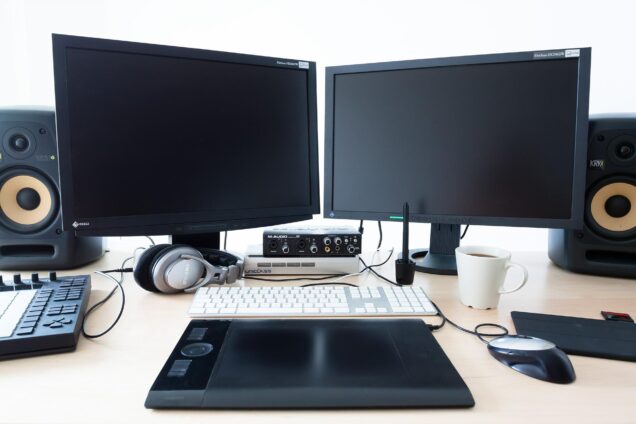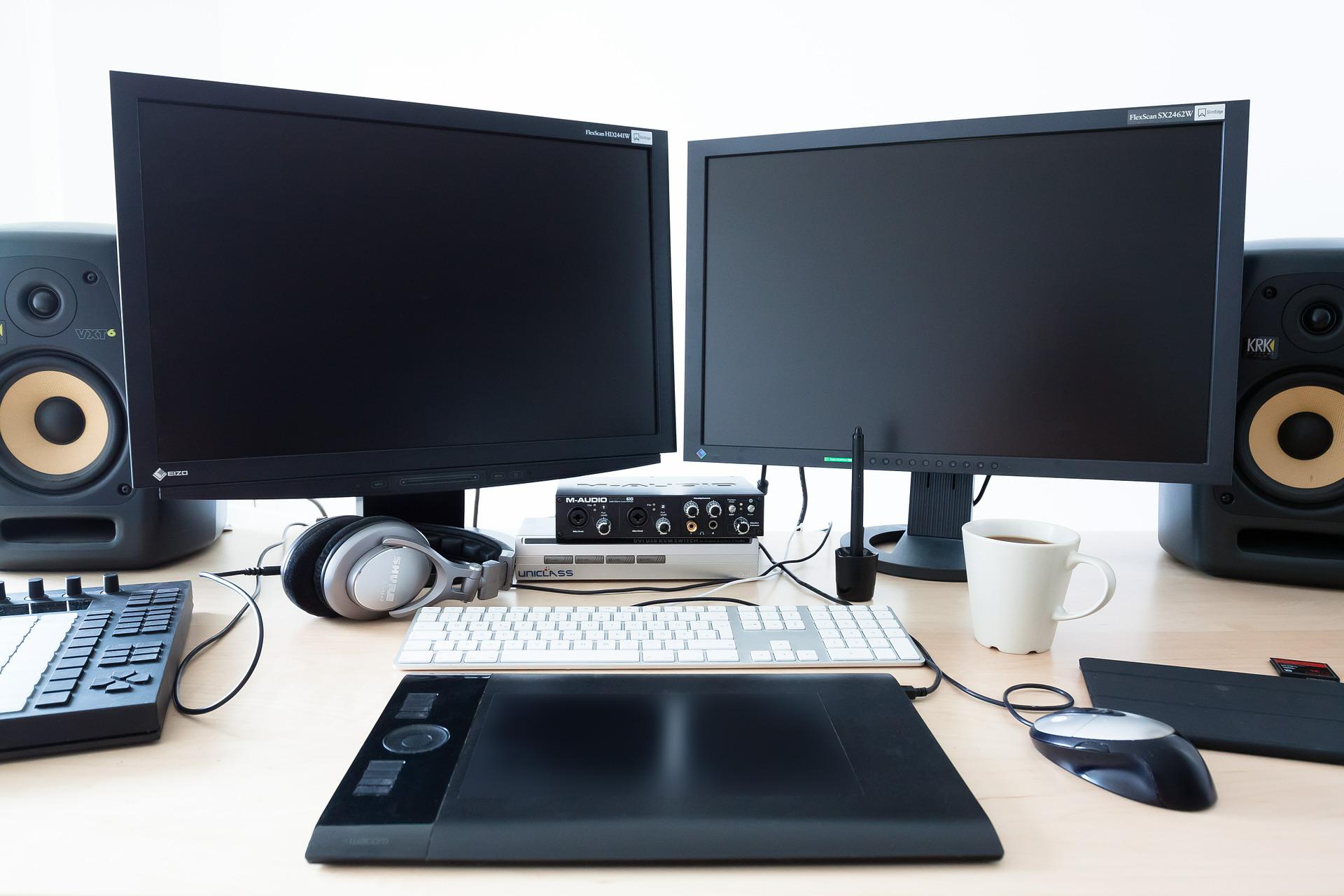“It’s hardware that makes a machine fast. It’s software that makes the machine slow.”- Craig Bruce
Computers were invented in the early 1830s. It has been over 100 decades since we have enjoyed our daily lives relying on the computer system. In this era, we have our computer systems at our desks, we have become dependent on the PC. It has made our active life easier in every sector, be it for educational purposes, business-oriented work, reducing human resources, or simply for our entertainment purposes. PCs have made our work more fun.
But are you correctly handling your PC? Are you coping with a slow and sluggish PC?
Do you not know what mistakes you are making that are damaging your system? Is it still fun to work on a slow PC system? It is not, right!
It could be due to software errors. It is crucial to use your PC by having an optimum software system vitally. It makes the hardware perform efficiently.
Not using the software effectively and efficiently will hinder your productivity, make the process cumbersome, time-consuming, disrupt convenient work environments, and become a hassle in general.
“Before software should be reusable, it should be usable. “ – Ralph Johnson
There are many software mistakes, which could act as a catalyst for the slowed-down PC. Out of which, the five major errors directly contributing to the cause are as follows:
-
Excessive Storage/ Memory
One of the main culprits for slow working PCs is not having enough storage for all the files, programs, and functions to run smoothly. The Operating Software needs adequate space to swap files, save temporary files, run the program, etc.
An overly full hard drive can reduce the PC’s productivity by half as it is already filled with cache data, programs, files of deleted programs, etc. One solution to the excessive memory/storage problem is to upgrade your hard drive and clear up the space from unwanted data from the drive.
On the other hand, another memory-related problem that could occur is due to running out of RAM (Random Access Memory). Having sufficient RAM is a necessity for the smooth functioning of the system. A memory update is the easiest way to improve the performance of the system. -
Too many background programs/tasks
Running too many programs simultaneously in the background at once can lead to slowing down your PC. This will lag the RAM and increase its burden, as they automatically run in the background.
The other way this issue impacts your system’s performance is by downloading and installing tons of new programs, applications, and software over the years and not using them at all from time to time and still adding more to the system.
It would be great to be mindful of what programs are downloaded and you are using in real-time and not to overload your PC with useless programs and applications which you might not use again in the future. -
Malware and viruses
Keeping your computer system free from foreign damage, such as malware or viruses, is very important. The appearance of a virus in your computer system can be lethal for the software. It could hamper the overall proper functioning of the PC, as it hijacks the browser by showing unwanted cookies and advertisements, penetrates your files, eavesdropping on the personal data, and damages the internal software leading to a crash system.
Investing in and using a well-built firewall and antivirus software can reduce the probability of getting viruses by half. It is also advised to run antivirus scans frequently in the system. -
Not having regular system updates
Not having the regular general updates on the Windows version and the driver in check leads to a slowed-down PC. It is important to provide regular updates to the software for the optimum functioning of the system. Using outdated windows versions can lead to the slagging of the overall design.
The PC would not perform the given tasks efficiently as you might be using Windows 7 or 8 versions which are several years old and makes your PC prone to systematic dysfunction. The same can be said about not upgrading the hard drive. A rusted drive will result in causing trouble in booting the system properly, which leads to overall inconvenience. Switching to the latest version of the hard drive is suggested in this case. -
Overheated CPU
People often overlook this issue. An overheated CPU can cause great damage to the computer system. While using your PC for a long time, the CPU might start to overheat due to a lack of proper ventilation or a dusty environment, which leads to the possibility of slow functioning and lags in the PC. Sometimes, this results in throttling of the PC or the total system crashes.
As the PC tends to slow itself down to cool the system down and produce less heat. It is recommended to clean and remove the dust from the CPU once in a blue moon and keep it in a good ventilated place.
So, in the gist of all, avoid and be mindful of these common system errors to prevent the PC system from slowing down; as long as you have considered these errors and taken action upon them, your computer system will thank you and smoothly in the long run.


